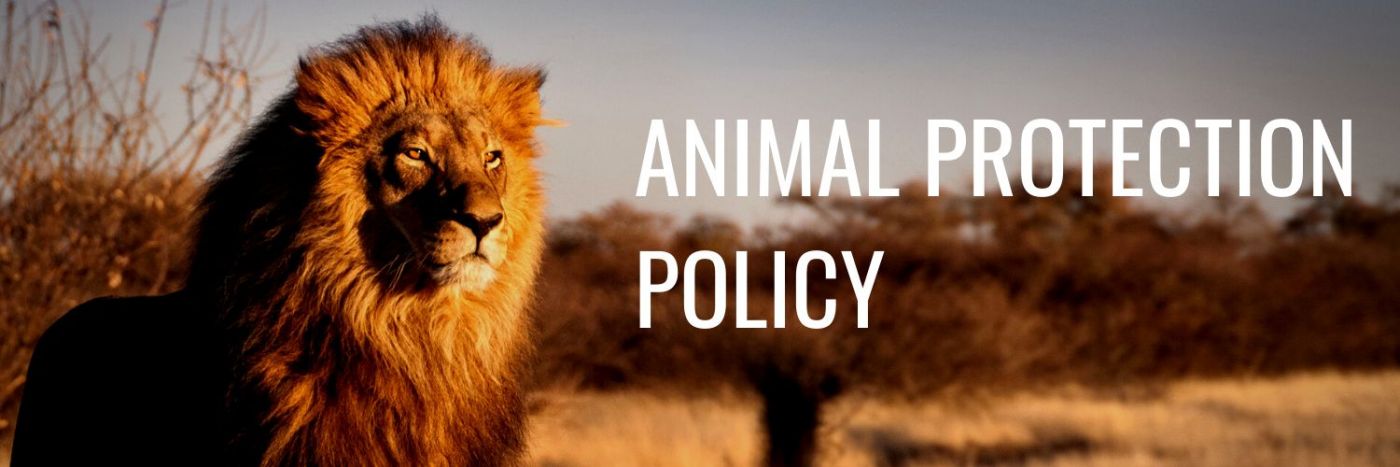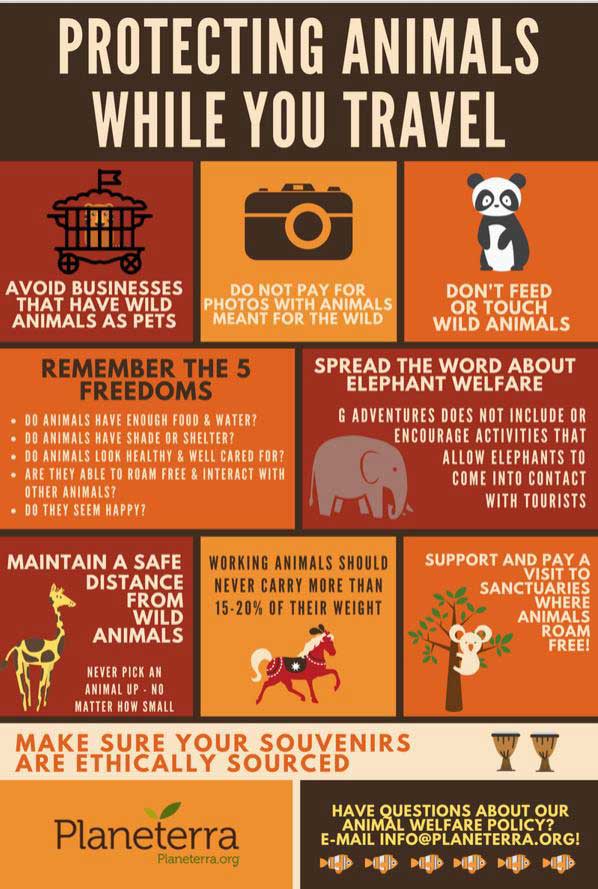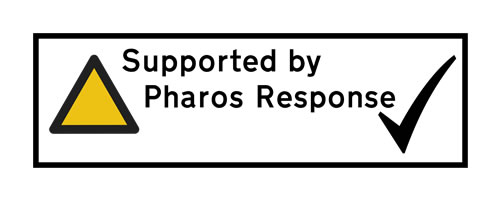
ANIMAL PROTECTION POLICY
We believe wildlife should be wild, and nature should be natural!
At Adventurous Ewe we want our travellers to have the best experience possible. While wildlife viewing may be a part of some of our itineraries, we believe it’s best to view animals in their natural habitats and to do so with the greatest level of respect. Adventurous Ewe will never knowingly compromise the welfare of any animal for the purpose of our trips. We strive to protect animals, keep them wild and contribute towards the best welfare standards in the industry. Our policy is an ever-evolving course of action to ensure we are continually improving and monitoring our impacts.
In short, we operate a no contact policy and have implemented a traffic light system which categorises every interaction we have with animals. We also know that the change and evolution that we need is not possible without education, learning and understanding, ourselves very much included. So we are looking to work with experts to help build training modules, and to learn with our suppliers about what is and isn’t possible and ultimately bring everyone on the journey with us and make continual improvements along the way. Collective change is crucial for long term sustainability.
Our full Animal Protection policy can be found on our Animal Protection Policy Document.
The world around us is absolutely fundamental to our wellbeing and happiness; from the air we breathe, water we drink and to the landscapes we visit. We wouldn’t be able to explore the world without healthy ecosystems. We work closely with Cool Earth and have previously spent over 10 years volunteering in animal conservation & education projects in the UK, Africa and Australia so that eventually we can guarantee that despite the obvious negative impacts many travel companies can have (notably those using flights) adventure travel with us is positive for the wonderful world in which we live.

Adventurous Ewe’s Top 11 Animal Protection Travel Tips
- Before selecting your trip, check with your Tour Operator that they have a concrete Animal Protection Policy in place and they live & breathe it.
- If your itineriary includes domesticated working animals such as horses, donkeys/mules and camels for transportation check that they have a decent life, where they are properly
cared for and the positive aspects of their existence outweigh the negative. - If your trip includes viewing wild animals ensure this is done in a responsible manner in the wild, the following guidelines with the best interests of wildlife and the safety of both yourself and staff when
viewing wildlife. - Do not feed animals, neither those on land or marine life or birds. Feeding animals attracts them to humans and to human food, which upsets their natural diet, can shorten their life, and causes trouble
for other people later by making the animals unnaturally aggressive. - Do not touch wild animals, as you can unwittingly pass on diseases to wildlife, as well as placing yourself at risk. This includes marine/sea life.
- When in a safari environment, always stay in your vehicle as predators may be present and animal behaviour can be unpredicatable.
- Night viewing: Minimise usage of a flashlight and never deliberately shine your light into an animal’s eyes. Do not illuminate prey as this gives the predator an unfair advantage.
- Your itinerary should only include visits to facilities involving wild animals in captivity if the rationale for the sanctuary operation is in the best interests of the animals involved.
- In local markets, you should avoid purchasing any wild animal products, especially anything from an endangered species, ie. shells, skins, coral, ivory, bushmeat, traditional medicines made from endangered animal parts and products, etc.
- Do not visit or take part in sport and cultural activities that cause animal suffering or death such as rodeo, bullfighting and running, elephant riding, ostrich riding and racing, cock fighting, etc.
- Do not take part in any cage diving where baiting of any kind is used (e.g. shark or crocodile cage diving), etc.


